Contact
Paternity Testing
Paternity Testing as Easy as 1, 2, 3!
Paternity testing is a crucial tool for determining the biological relationship between a father and a child. Whether for personal peace of mind, legal requirements, or resolving family questions, paternity testing provides clear, accurate answers that can shape lives and futures. At Fort Worth DNA, we understand the importance of these tests and offer reliable, confidential services to help you get the answers you need.
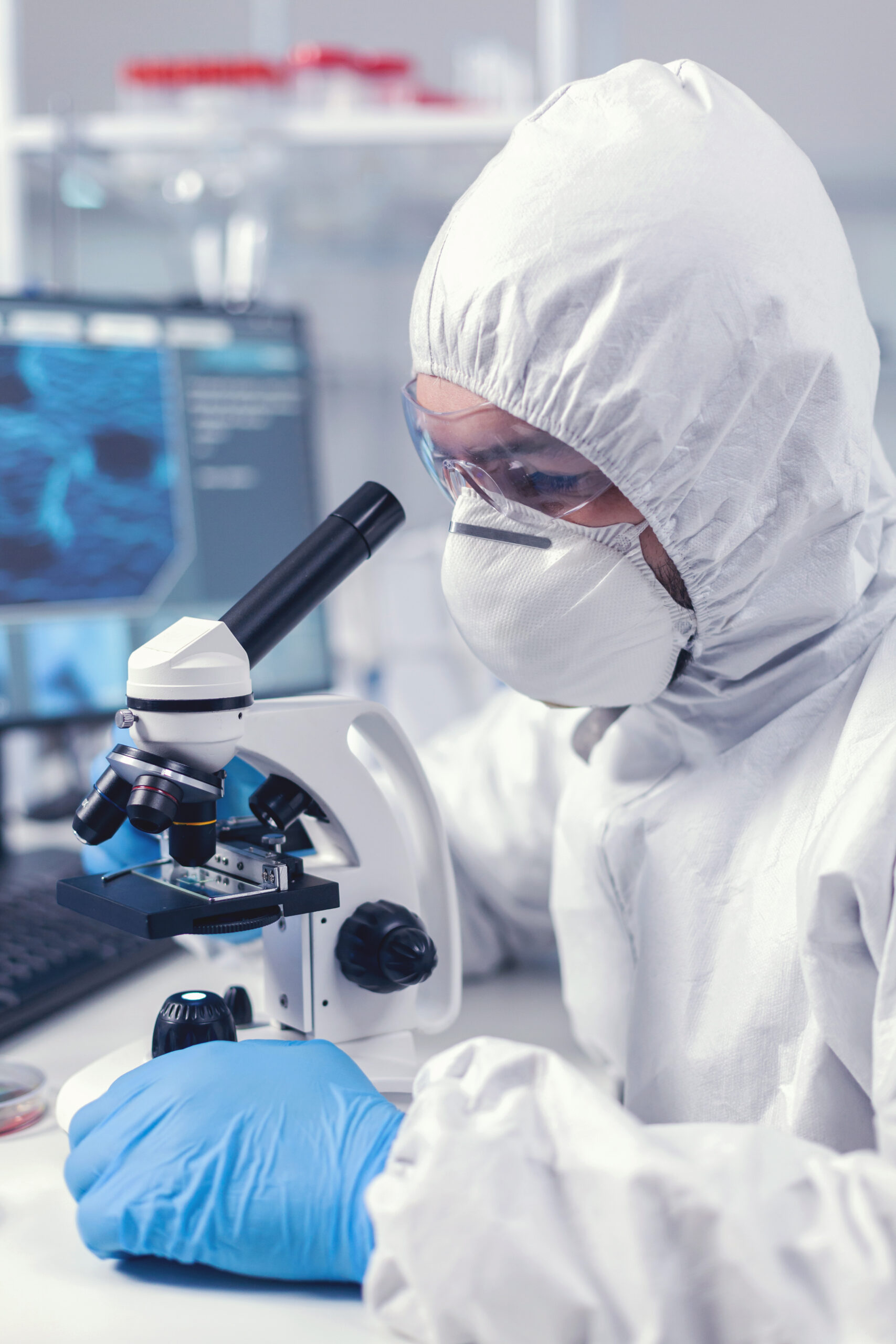
How We Works
Clear Answers, Clearer Futures
At Fort Worth DNA, we make the DNA testing process simple, convenient, and stress-free. Our easy-to-use services are designed with you in mind, ensuring that you get the answers you need without hassle.
-
Choose Your Test:
Select the DNA test that best suits your needs, whether it’s paternity testing, ancestry exploration, or legal DNA testing.
-
Order Online:
Easily order your test through our website. We offer the convenience of online ordering, allowing you to start the process from the comfort of your home.
-
Sample Collection:
Collect your DNA sample using our painless, non-invasive cheek swab. Detailed instructions will guide you through the process, or you can schedule an appointment at our office for assistance.
-
Send Your Sample:
Return your sample to our laboratory using the pre-paid shipping kit provided. Our lab will begin processing your sample immediately upon receipt.
-
Receive Your Results:
Get your results quickly and securely. Most tests are completed within 3 to 5 business days, and results are delivered directly to you via email or through a secure online portal.
Our Services
We Provide Best Services
Our services are designed to be both affordable and accurate, ensuring that you receive the highest quality results.
Chain of Custody
The “Chain of Custody” is a critical process that ensures the integrity, accuracy, and legal admissibility of DNA test results. It involves a documented, secure procedure that tracks the collection, transfer, analysis, and storage of DNA samples from the moment they are collected until the results are reported. This process is essential in legal DNA testing, particularly in cases such as paternity disputes, custody battles, immigration, and criminal investigations. For DNA test results to be accepted in court, the Chain of Custody must be meticulously maintained. This ensures that the samples are handled according to strict legal standards, with no opportunity for tampering or contamination.
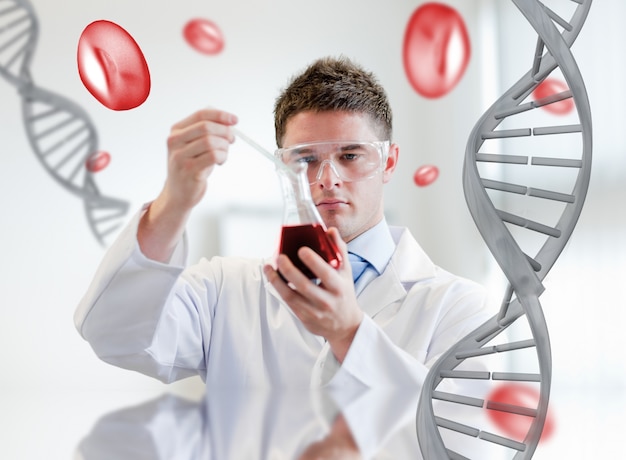
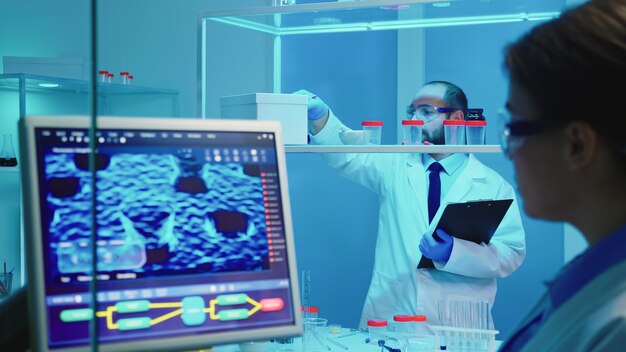
Grandparent DNA Testing
Grandparent DNA testing is a valuable tool used to establish biological relationships when a direct parent-child test is not possible. This type of testing is particularly useful in cases where the alleged father is unavailable or unwilling to participate in a paternity test. By comparing the DNA of the child with one or both of the alleged father’s parents (the grandparents), it’s possible to determine the likelihood that the child is biologically related to the paternal side of the family. Grandparent testing can be used in legal situations such as inheritance claims, custody disputes, or immigration cases, where establishing a biological relationship is required by the court.
Sibling DNA Testing
Sibling DNA testing is designed to determine whether two or more individuals share one or both parents, helping to establish full, half, or no sibling relationships. This type of test is particularly useful when parents are unavailable for testing, but there is a need to confirm biological relationships for personal, legal, or medical reasons. Sibling DNA tests can be used in inheritance disputes, custody battles, or immigration cases where proving a sibling relationship is necessary. Individuals may seek sibling DNA testing for personal clarity, to reconnect with biological family members, or to confirm relationships for genealogical purposes.
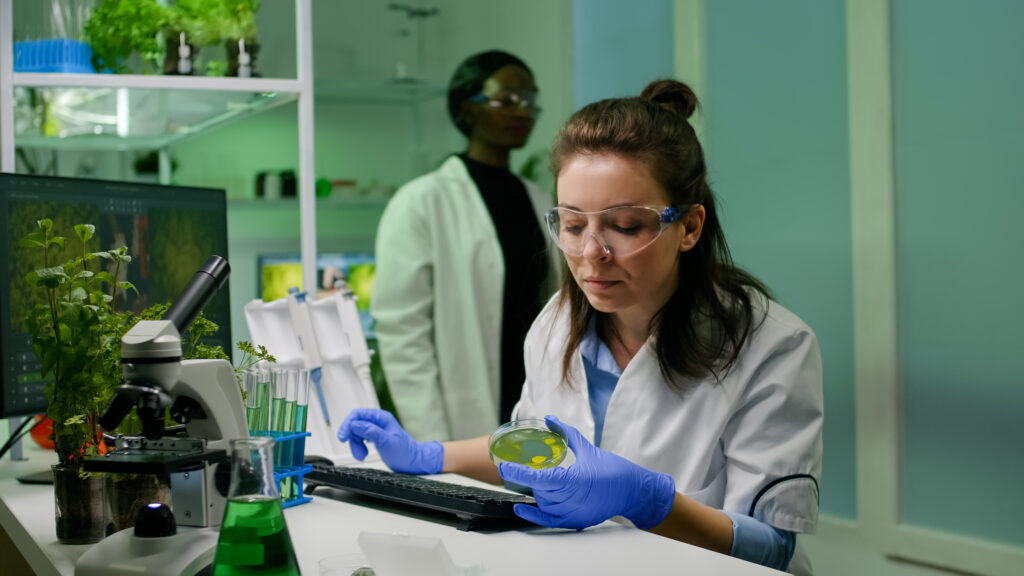
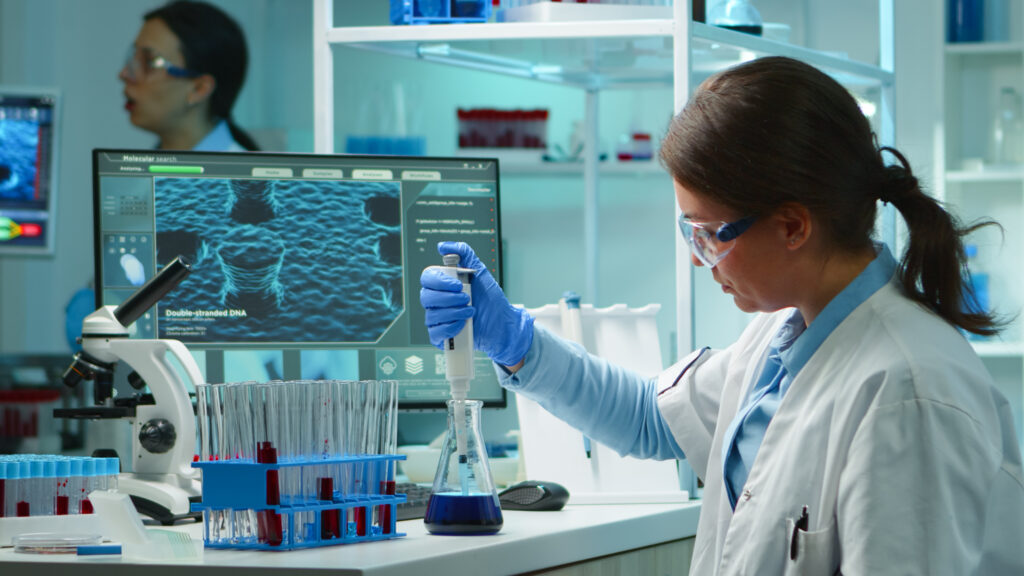
Prenatal DNA Testing
Prenatal DNA testing allows expectant parents to determine the biological relationship between a father and an unborn child before birth. This test is typically used for paternity testing but can also be conducted for other genetic tests to assess the health and development of the fetus. It provides accurate results early in the pregnancy, helping parents make informed decisions with confidence. Prenatal paternity testing can establish the biological father of the baby during pregnancy, providing peace of mind and allowing for early planning and decision-making. Modern prenatal DNA testing is non-invasive and poses no risk to the mother or the unborn child. This type of test uses the mother’s blood to analyze fetal DNA, making it a safe option for expectant parents.
Non-Chain of Custody
Non-Chain of Custody DNA testing, also known as “peace of mind” testing, is designed for personal use and provides the same level of accuracy as legal DNA tests but without the stringent documentation and procedures required for court-admissible results. This type of testing is ideal when you need answers for personal knowledge but do not require the results for legal purposes. Because Non-Chain of Custody testing lacks the formal documentation and verification steps, the results are not admissible in court or other legal proceedings. While the testing process is informal, your privacy is still a top priority. All results are handled confidentially, and only you have access to the information unless you choose to share it.
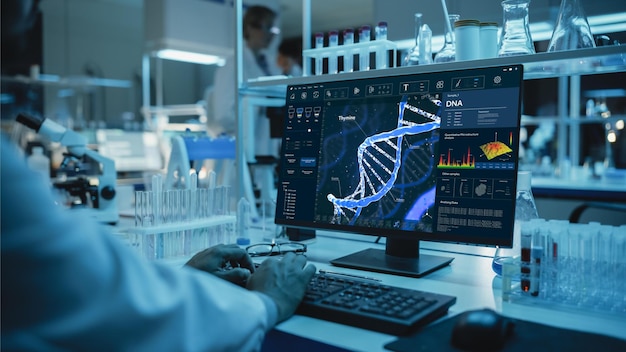
Our PRICES
We Provide Best Services & PRICES
Our goal is to provide you with valuable information to help you understand the complexities of DNA testing and how it impacts families and individuals.